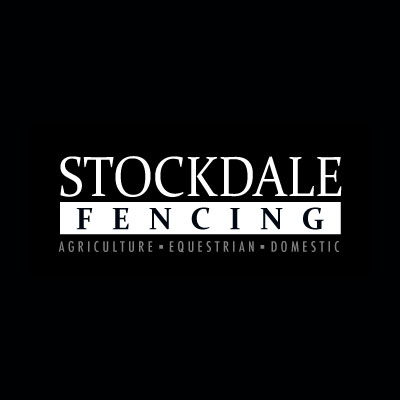
SAVVY Suppliers
L.A.P Groundworks
Address – 179 Bradfield Road, Crewe, Cheshire, CW1 3RH
Call on – 01270 583760
www.lapgroundworks.co.uk
PK STUBBS
TG BUIlDERS
Address – Beam Heath Way, Middlewich Road, Nantwich CW5 6PQ
Call on – 01270 624244
https://www.tgbuildersmerchants.co.uk
1st Electricians
Call On – 01270 417 368
www.1st-electricians.co.uk
Cheshire Landscapes
Address – 3, Ash Grove, Congleton CW12 4PN
Call On – 01260 297 224
www.justinsheard.co.uk
Cheshire Building Supplies
Address – Browning Way, Woodford Park Industrial Estate, Winsford CW7 2RH
Call On – 01606 551 331
www.cheshirebuildingsupplies.co.uk
Ringwood Fencing
Call On – 01829 740 136
www.ringwoodfencing.co.uk
Tarmac
1. Excavate total area to required depth and remove all waste from site.
Excavations are generally undertaken using the correct machines and the work undertaken is to excavate the required area to the correct depth, dependent on the specification being used. However, there are many specifications for different applications – generally, domestic driveways excavate virgin ground to a depth of 250mm for new applications.

2. Install the required edging/kerb stones, bedded on and backed with concrete.
There are many different types of driveway edging; however, all edgings should be laid using the same specification. For domestic applications, it is advised to lay them on a 100mm bed of concrete and haunch them both back and front with concrete for added support. Care must be taken in relation to the levels and all edgings must be installed to the required falls and cross falls to assist water escape on the finished surface.
3. Treat the total area with weed killer and install a weed preventive and weight stabilising membrane to total area.
It is always advised to use a suitable strength weed killer which will kill through to the roots, and a weight stabilising membrane when constructing new driveways. The weed killer will prevent weed growth and the membrane helps to prevent weeds and spread the weight of any vehicular traffic, ultimately giving a much stronger driveway surface.
4. Lay the required depth of machine rolled, crushed foundation to form falls and cross falls to assist water escape.
Dependent on the required specification for domestic driveway applications, 150-200mm of a certified MOT type crushed limestone or equivalent material should be used and must be compacted using the right weight of compactor. Generally, this would be a twin drum ride on roller. It is required at this point, when laying the crushed hard core, to take into consideration the levels for the proposed water escape that are in place to prevent any ponding when the driveway is complete.
5. Adjust all iron works to the required levels.
Iron work relates to any manhole chambers, water/gas stop tap boxes etc. The iron works should be adjusted in height to the required surface level finish, suiting the relevant falls and cross falls to assist water escape. The work would involve adjusting the height by means of highering or lowering where required, with suitable spacing materials/packing pieces, on a sand and cement mix.
6. Lay to total area the required specification of binder and surface course tarmacadam, machine rolled.
Again, dependent on proposed usage, the specification can differ for different applications. Generally, the specification for a domestic driveway would be 50mm of 30mm binder course tarmacadam and 30mm of 6mm surface course tarmacadam. Both materials would be laid to the required area and machine rolled using the required weight of roller.
7. Tar all joints to seal where the new surface meets surrounding surfaces with hot poured bitumen.
Sealing the joints where the new surface meets with surrounding surfaces helps to prevent any deterioration of the joint and also to protect against ingress of water and/or any other adverse weather conditions. The sealing process is achieved by overbanding the joint with a bituminous material and can be applied both hot or cold.
These guidelines can be used for a full specification surface in tarmacadam: generally used for new installations on virgin ground such as drives, footpaths roads and play areas; however, their required usage would depend on the type and depth of materials used.
Cost per m² £75
Area of Drive 0 to 25m²
Cost per m² £70
Area of Drive 25 to 50m²
Cost per m² £70
Area of Drive 50 to 75m²
Cost per m² £60
Area of Drive 100 m2 plus





